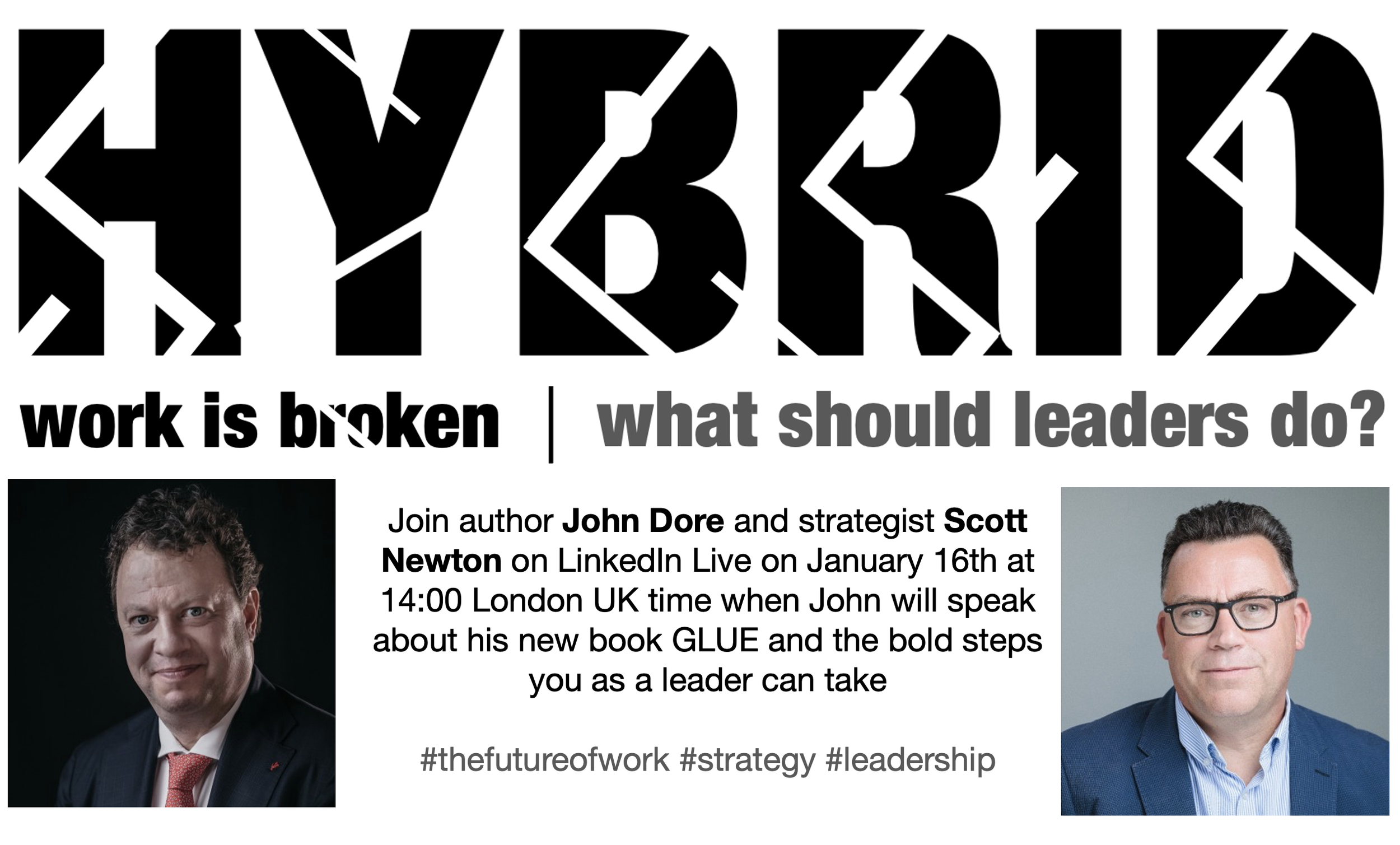Groundhog Day and the Curse of a Nostalgic Youth
/A friend of mine recently asked me enigmatically: whatever happened to the rhetorical question? And it was with this feeling of slight befuddlement that I flicked through the ‘Culture’ pages of my leviathan Sunday paper and looked ahead to an autumn of arts, films, events and music. The highlight for me stood out like a momentary beacon of pulse enhancing anticipation….the prospect of seeing Groundhog Day at The Old Vic. The Bill Murray film was fun, but I wasn’t sure about the prospect of a repetitive film on stage, let alone as a musical. Still, the team behind this created Matilda and the songs are by Tim Minchin. Matilda truly sparkled so I have high hopes and the recent preview at the Southbank awards (see film below) of Seeing You whetted the appetite.
But why should the thing looked forward to most in the future, be a remake of a half-loved thing from the past? There is something extraordinary about the films, music and experiences of our youth that still keeps a powerful hold decades later. In a way its magical, but its also somewhat unnerving because it seems (to borrow from Blur) to make Modern Life seem a bit Rubbish.
A nostalgia for past music events can seem almost perfectly sepia tinted and flawless. Most of the people I work with today were not alive when Bowie sang Heroes at Live Aid. It still gives me goosebumps. Watching the Live Aid concert at the time it was completely possible to then watch U2's Bono pose and posture (sans shades) and not instinctively want to thump him. He waved peace flags and danced with someone in the crowd and the band played one song for 15 minutes. That, as a warm up set for Queen. Kids today wouldn't get it.
Bowie plays Live Aid. AD 1985.
I recently read Ready Player One by Ernst Cline. It's a book about the future, completely and utterly imbued with references to the past. The mysterious Willy Wonka style tech genius who invents a virtual world of escapism is himself immortalised, not though some vast digital ecosystem, but in his vivid reimagining of the 1980’s…and the music, films, games, TV shows and garish banality of it all. Reading Cline's book makes you dive for long unplayed DVD’s [remember those?] of John Hughes movies: Pretty in Pink, Some Kind of Wonderful and The Breakfast Club, which I recently watched again after over thirty years. Allison (played by Ally Sheedy) says "When you grow up, your heart dies." Al, you're wrong, or why else would these films still hold our affections, not just as curios or museum pieces? In Ready Player One, the hero Wade resorts to trying to woo the avatar of the girl he loves by standing outside her house and holding a boom-box above his head, playing In Your Eyes by Peter Gabriel. Kids today wouldn't get it.
This weekend my local Waterstone’s sold several hundred hardback copies of a stage play script for Harry Potter and The Cursed Child. The sale of several hundred hard-back books by any author is quite a feat, but hundreds in just one bookshop alone., then multiplied across the world. Amazing. The play is set nineteen years after the Potter books ended, condemning Harry the wizard, who defeated the forces of darkness, to become a bored civil servant with troublesome kids who don’t communicate. Like Outnumbered, with wands. Sourcing a ticket for the plays in London is rarer than a Hufflepuff last-gasp winner at Quidditch, apparently. But it's not the kids haranguing their parents to buy up the stalls and the gods.
Once you touch this sense that the best things today are recreations of the best things of your life when you were fifteen years old, then you can’t help but spot them everywhere. Short of the Smiths reforming in 2017, then music today seems locked into a downward cycle. The 1975 made one of the best albums produced in years, but it’s because they sound like Scritti Politti fronted by a Geordie Michael Hutchence. Currently, the challenge for music stream providers and curators [viz Apple, Spotify, Tidal] is to "create music like it was on MTV in the 1980's", to engage millions in the discovery and exploration of new acts, who become globally huge like Madonna, Michael Jackson or Duran Duran. I am not sure they can; not because the technology is not oh so slick, but because they don't make the acts like they used to. Apathy Killed the Video Star.
I turn on an iPad and stream the show Billions - the newest thing I know. Then a friend points out “its just like Dallas”. Yep, got me there. Replace the Texan hats and the padded shoulders for a Metallica t-shirt and swap hedge-funds for crude, and we’re back in the land of JR Ewing and the saga of macho egos at war. Film producers scrap and scrape to connect with this nostalgic past. They buy established assets and invest in named properties that need less development, scrambling for books, or ideas or characters that have already gathered dust on a shelf. Occasionally they get it wonderfully right, but more often they get it horribly wrong. I fail to see the sense in Peanuts The Movie, or the risible Dads Army, but then Spielberg re-imagines The BFG and a whole new generation of adults drag their kids along to see it. "Look a film of a book you'll never read, but I did!"
If you can come up with formula that connects the past with a keen sense of who you are today then it can be wonderfully potent. Marketers, brands and start-ups are wrestling with how to bottle it, label it and get it stacked on shelves. Even though we are surrounded and bombarded by multifarious multi-media touch-points today, I am not sure of the longevity of much of the content will be as sustained. And in trying to get any prediction right for anything today that will resonate in the future, then maybe Minchin's version of Harold Ramis has already nailed it: "Today I know that I know, nothing."














